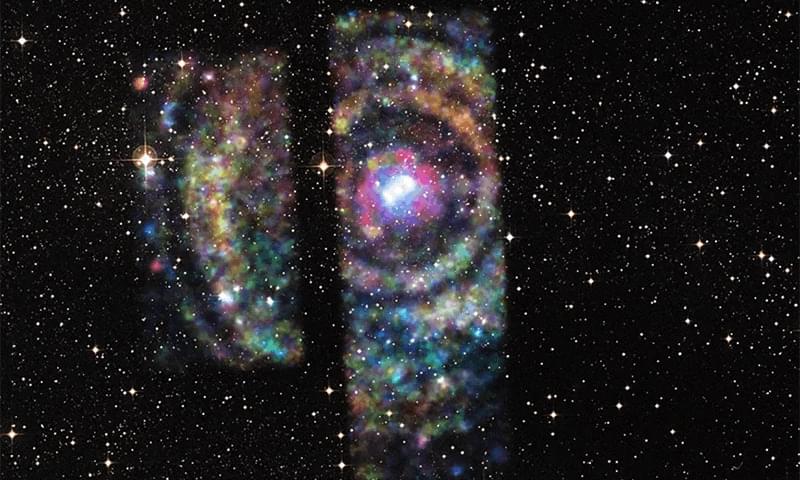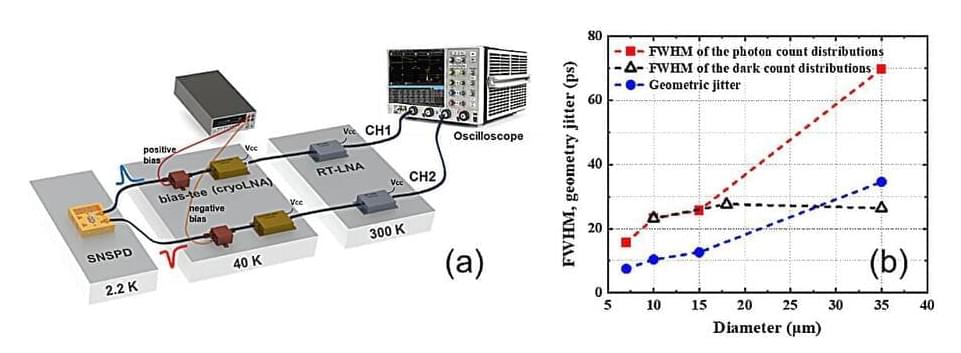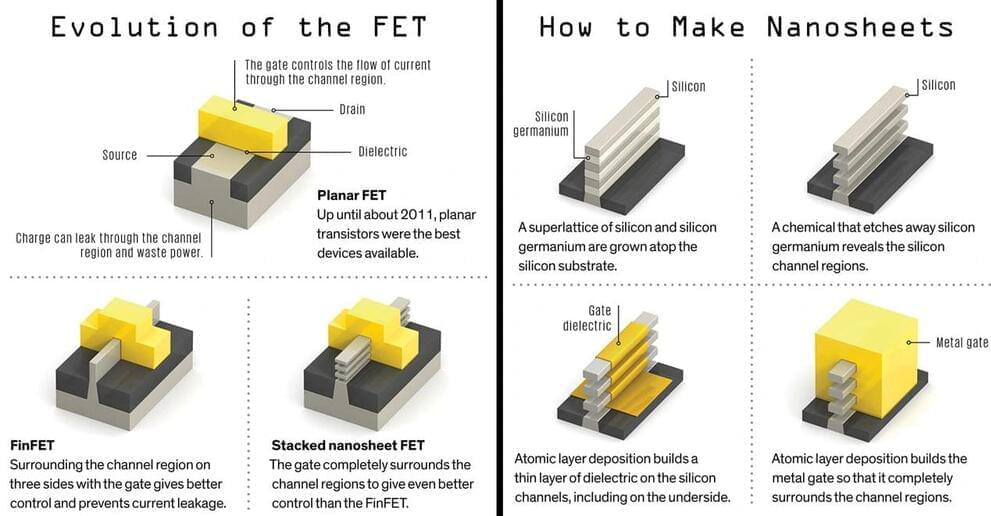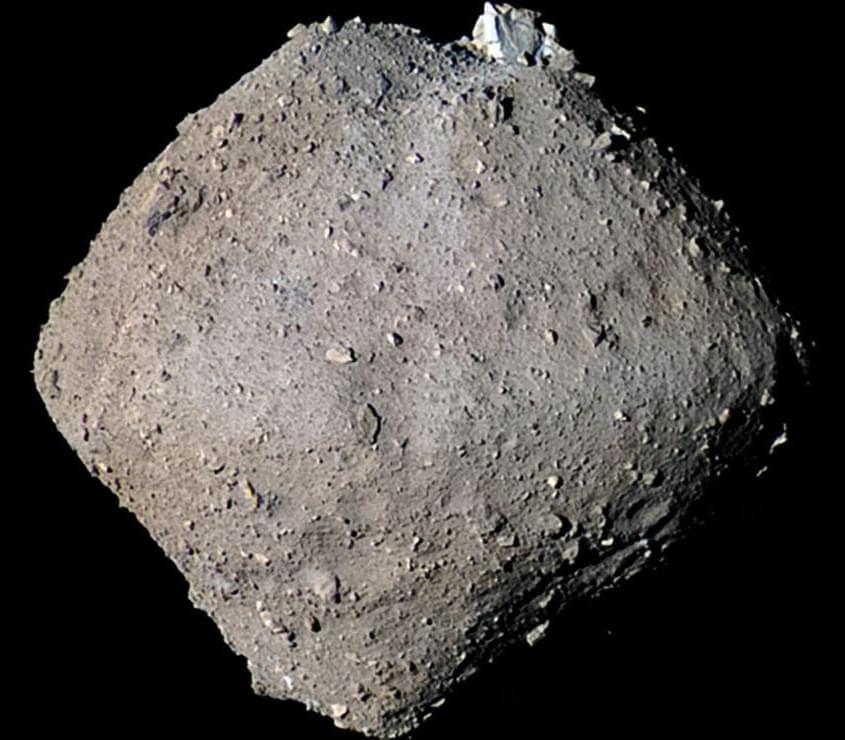Dec 31, 2023
Colin Murdoch, from Google DeepMind: ‘Gemini will transform the way billions of people live and work’
Posted by Kelvin Dafiaghor in categories: business, robotics/AI
Google has been dominating the development of artificial intelligence (AI) systems for years. This has undoubtedly been helped by its 2014 acquisition of DeepMind, the London-based startup focused on AI research that developed AlphaGo, a program capable of defeating a grand champion of complex Asian board game Go, which opened debate on whether the AI would eventually surpass the human mind.
But Google’s unquestioned dominance was interrupted last year by another startup — OpenAI. The launch of ChatGPT, the most successful application in history, caught big technology companies off guard, and forced them to accelerate their AI programs. In April of this year, DeepMind — which until then had functioned as a relatively independent research laboratory— and Google Brain — the technology company’s other major research division — merged into a single organization: Google DeepMind, which has some of the best AI scientists in the world.
Colin Murdoch, 45, is the chief business officer of Google’s new AI super division, which has just presented its first toy: Gemini, a multimodal generative AI platform that can process and generate text, code, images, audio and video from different data sources. Those who have used it say that it far surpasses the latest version of ChatGPT, and that it puts Google back in the fight to dominate the market.


















